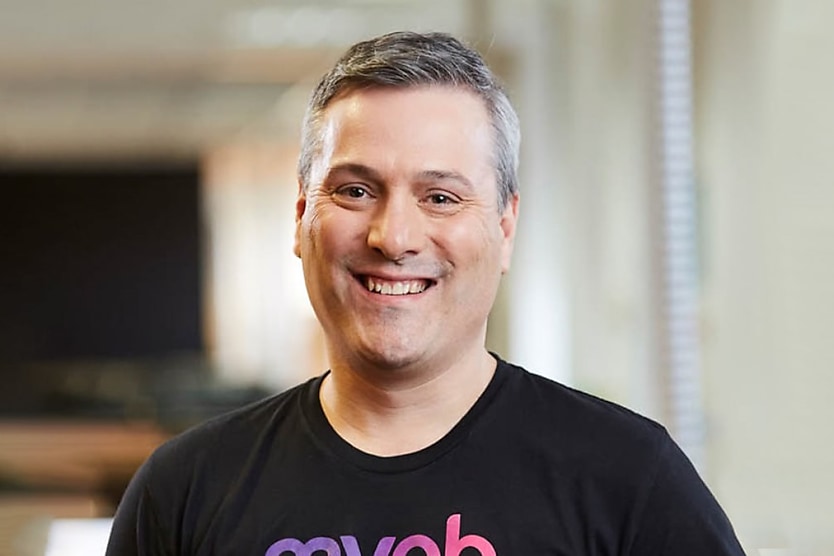Do your HR tech investments make sense?
SHARE THIS ARTICLE

No matter which sector you’re in, there has been plenty of commentary about the benefits of AI and the dangers of getting left behind, writes Dale Dixon.
Like most other businesses, at MYOB we have been researching trends, investing in new AI functionality, and talking with our community about the benefits and watchouts of this new generation of technologies.
However, when we look at data on digital adoption more generally among the nation’s small and medium businesses, there are gaps in investment even before you add specific HR technology tools into the mix.
The MYOB Bi-Annual Business Monitor earlier this year revealed that 39 per cent of the SMEs we surveyed don’t have an online presence for their business, let alone online tools for their people management and performance.
Close to one in five business owners told us that a lack of understanding about the benefits of digital tools presented a barrier to investment.
For these businesses, there’s value in asking a few key questions to ensure you make the right technology investments and understanding the benefits of HR digital tools.
Does the tech speed you up?
It might sound obvious, but the best HR tech investments have a direct impact on streamlining work processes, freeing up team leaders and employees to focus on higher-value tasks.
The biggest benefit most organisations see when they increase their online HR tools is a boost in productivity.
We focused on productivity in the Bi-Annual Business Monitor in 2023, with 59 per cent of businesses saying they are operating at their highest potential and retaining good talent is a key priority. Half (50 per cent) of respondents said turnover has a marked impact on the productivity of their business.
The right HR tools can boost employee engagement and performance, which will drive more productivity for the business.
The past few years of rising business costs have made it even more important for organisations to make sure they are operating as efficiently as possible.
We know managers are already spending much more time at work than your typical employee – according to the Australian Small Business and Family Enterprise Ombudsman (ASBFEO), 45 per cent of SME owners work more than 39 hours a week, and 15 per cent work 50-59 hours.
When planning HR tech investments, leaders should evaluate what tasks present the biggest time costs and work out whether there’s a technology solution that could help.
Does it show the big picture?
Running a successful HR function in Australia is about so much more than basic administration. Leaders also need to have a solid handle on workforce planning, productivity outputs as well as progression plans to help their business and teams grow.
Over the past two decades, HR software has evolved from individual products that operate in silos to a more fully integrated system of tools that work together to give you a holistic, real-time view of your workforce.
However, while there are more products available, the 2025 January Edition of the MYOB Business Monitor found that just 29 per cent of SMEs report using cloud-based tools for employee management to help get the most out of their teams and grow the business. Our 2023 Business Monitor Productivity Edition showed that 43 per cent of small and medium businesses believe wage growth is hindered by businesses using old technology.
When deciding on digital HR products, organisations should consider the type of data snapshot they want to be able to access each day about their workforce performance, then find the products that deliver those insights.
Is there a plan behind your spending?
Leaders frequently say the biggest barriers to investment are a lack of time to set up new HR tools and a lack of understanding about their benefits.
This points to the importance of organisations having a technology investment blueprint as part of their overall HR strategy.
Just as an organisation would prioritise sourcing the highest quality talent for their teams, they should also carve out time to research emerging HR technologies and investigate which ones might add the most value to their operations.
When organisations tune in to their own HR needs, the investments they make will deliver greater financial value for the business in the long run, as well as free up their time.
Thinking about the productivity problem that each HR tool is solving could prevent organisations from overspending their time or cash on products that are not actually the best fit for their needs. When businesses take the time to get it right, they will unlock more potential in their teams as well as give their business the extra people power needed to grow.
Dale Dixon is the general manager (practice and partner advisory) at MYOB).
